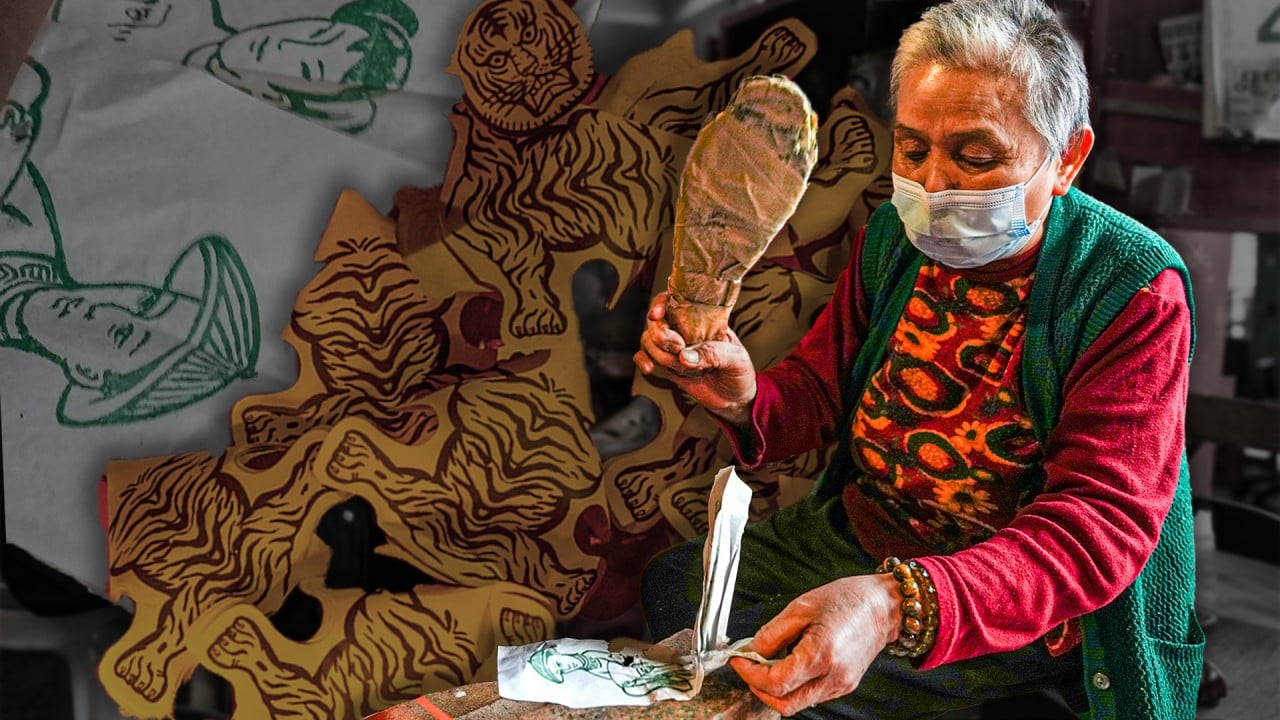Learn the ins and outs of feng shui, villain hitting, and fortunetelling as well as the dos and don’ts for cultivating good luck in our series on Chinese superstitions.
Ceremonial candles. Names and dates on a piece of paper. Hitting that paper with a shoe before burning it.
This is the Chinese practice of da siu yan, or “villain hitting”, to wish ill upon another person – which we promise is not as sinister as it looks and sounds.

Jingzhe, or the “awakening of insects”, is the third solar term and it falls about a month after the beginning of spring. Old Chinese sayings such as “once the awakening of insects comes, spring ploughing never rests” reveal jingzhe to be an important time for farmers.
“In ancient times, it was the time marked to get rid of pests,” says Tong Pik-ha, a feng shui master, author and television host.
“At jingzhe, the weather would have started warming up and it would have been a good time to clean and clear your house of pests. Eventually, its meaning evolved to also mean ridding your life of gossipers or back-stabbers, and this practice of physical cleansing became one of spiritual cleansing, too.”
“As we progressed to an industrial and then commercial society, the tradition still stood, and has evolved to mean getting rid of other kinds of bad luck.”

In Chinese fortune-telling, good luck can be gained from networking and from benefactors helping you. Similarly, bad luck can come from being surrounded by undesirable, annoying or “little” people.
With this added context, the phrase siu yan conjures up images of insects rather than an actual villainous person, and makes the hitting part of villain hitting closer to swatting a fly than malicious voodoo.
There are intricacies involved in villain hitting, too. “It’s not something you can do yourself. It requires a ritual to invite the gods to bless this ritual, and a little-known practice that must be done is to ask permission with jiao bei,” explains Tong. Jiao bei are wooden divination tools used to ask questions of the gods.

“Even if you’ve asked for the blessing, if you don’t get the go-ahead from the jiao bei then you have to start the entire ritual again.”
There are certain taboos involved in the practice. There are three groups of people – pregnant women, children and the elderly – that cannot be the target of villain hitting, and you are not supposed to perform villain hitting on others if you are yourself pregnant.
“The idea is that we don’t want to direct any ill will towards innocent children, and with the elderly, we don’t want any added burden on their long lives already,” says Tong.

The interesting thing about villain hitting is that it is not commonly practised around China or Asia – it is, in fact, mostly seen in Hong Kong.
“It’s definitely a more Taoist tradition,” Tong says. “There is a similar ritual practised in Taiwan, which has a lot of Taoist influence. It isn’t called villain hitting, though, it’s under a different name.”
Kwan says: “I feel that the tradition of villain hitting is the most prominent in Hong Kong.”

Asked if rumours that villain hitting shortens the lifespan or shrinks the fortune of those who initiate it are true, Tong says: “If you believe in reincarnation, a person who brings you strife [in this current life] may be here to repay you for what you did to them in your previous life.
“If you deflect or inflict more pain now, this will ultimately come back to you later, and add grief to a vicious cycle.”
She adds: “If you really feel there are annoying people in your life, you can villain hit in a general sense and not direct it at any particular person; this will be seen as more of a blessing or cleansing [than a curse].”


